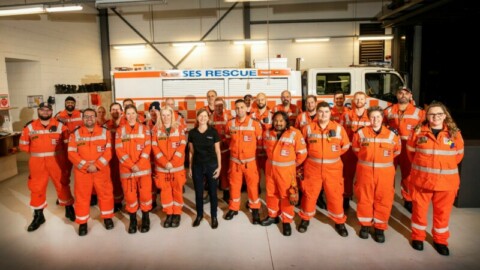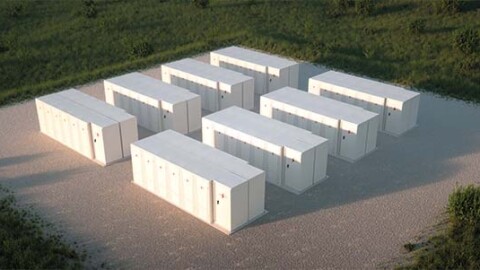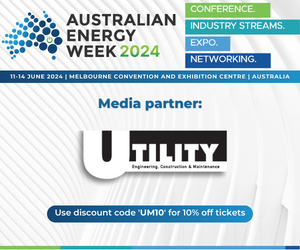According to APPEA, legislation recently passed in the Senate includes several amendments that improve the operation of the Government’s Emissions Reduction Fund (ERF), but further detail and significant consultation is needed on some key aspects of the scheme.
The organisation states that amendments extending the crediting period and carbon abatement contract period will encourage participation and improve the ERF’s operation.
“But other barriers to participation, such as onerous ‘make good’ provisions, remain. Removing these would encourage low-cost participation in the scheme and help deliver abatement at least cost.”
“The additional consultation time leading to the establishment of a safeguard mechanism on 1 July 2016 must be used to ensure Australian production of cleaner energy, such as natural gas, is not burdened with additional costs not faced by foreign competitors.”
Consultation on the rules will be crucial to continuing the growth of Australia’s liquefied natural gas (LNG) export industry, which is one of the nation’s great economic success stories, says APPEA.
Key aspects include:
- How emissions baselines are set. The proposal to set a facility’s emissions baseline on the highest level of reported emissions over a historical period must be further refined to accommodate variability in emissions, particularly variability that sees emissions grow over time.
- Treatment of new investments. With $200 billion of LNG investment underway and many additional billions in further investment under consideration, the treatment of new investments is vital. Any proposal to use a ‘best practice’ approach must be treated with caution. It is far more appropriate to treat these investments in the same way as existing investments by setting a baseline once an appropriate time series of data is available.
- Compliance arrangements. The industry welcomes the ERF’s focus on flexible compliance arrangements and the consultation arrangements set out in the paper.
“As part of the deal to secure passage of the ERF, the Climate Change Authority will review whether Australia’s key trading partners have established emissions trading schemes or equivalent schemes.
It is important that this review considers not only the actions of major trading partners, but also the actions of Australia’s key competitors.”
“In the case of LNG exports, key trading partners – such as Japan, China and South Korea are customers – not competitors.”
“In most cases, Australia’s LNG competitors do not have – and are not proposing to introduce – climate change policies that would impose costs on their LNG exporters.”
“Exporting LNG to the world is one of the most meaningful contributions Australia can make to reduce global greenhouse emissions as natural gas is a much cleaner burning fuel than traditional energy sources,” argues APPEA.














